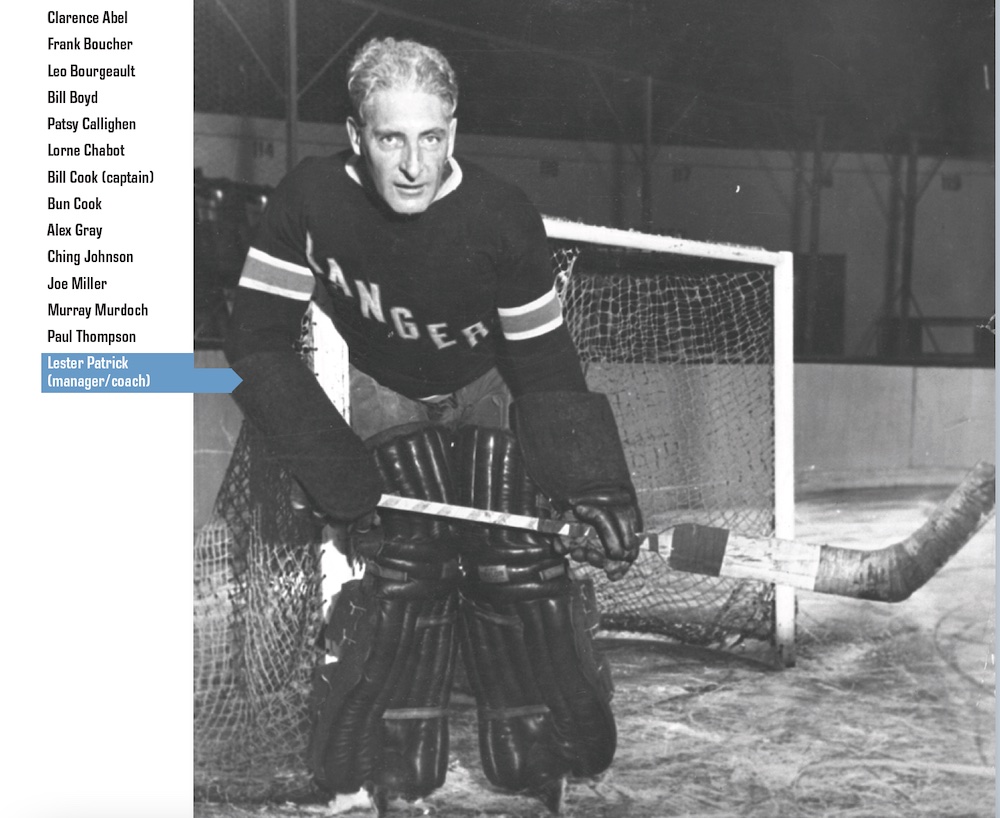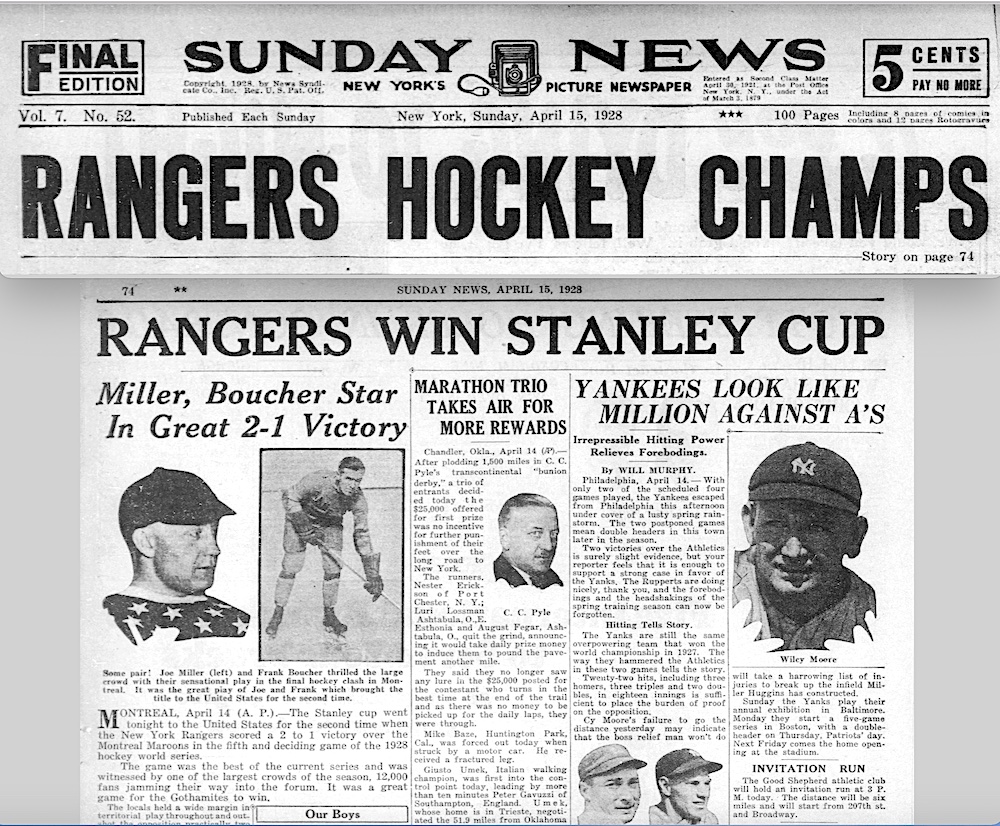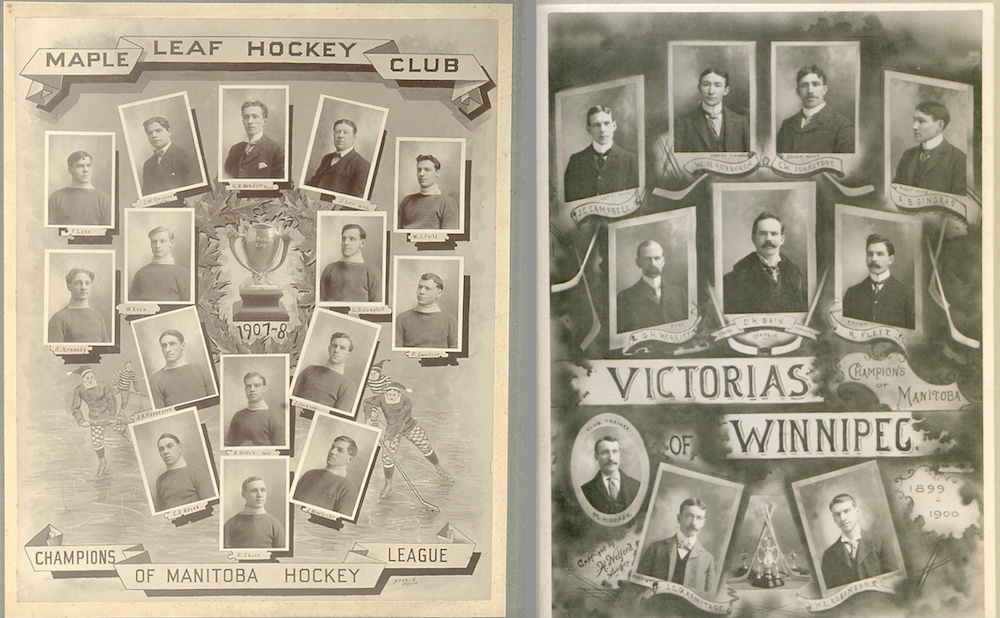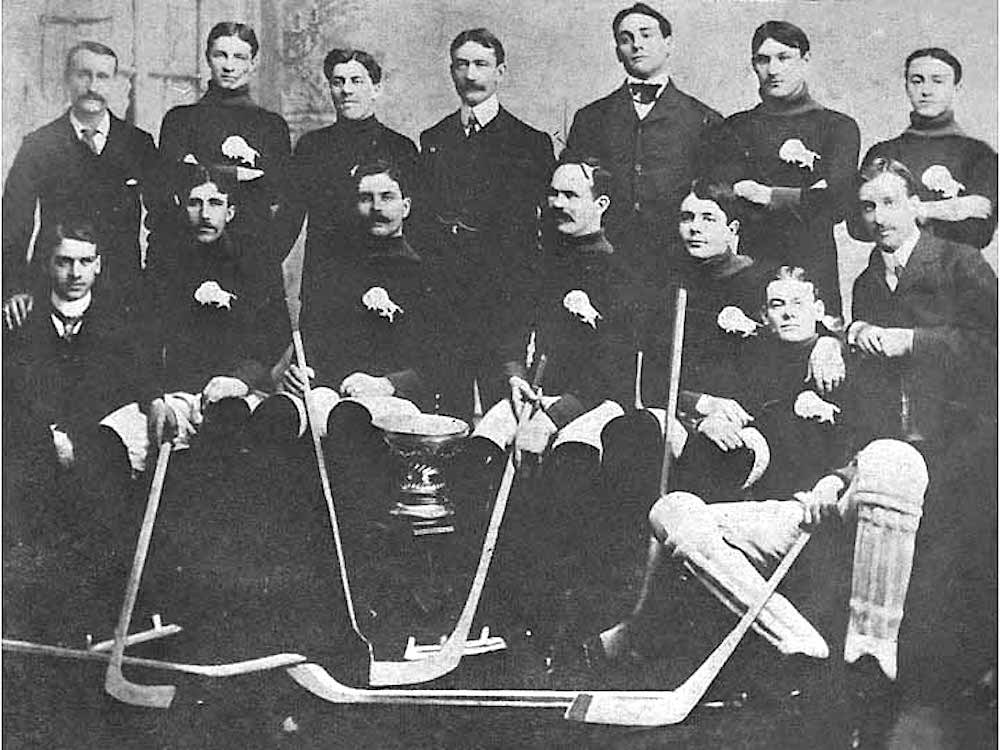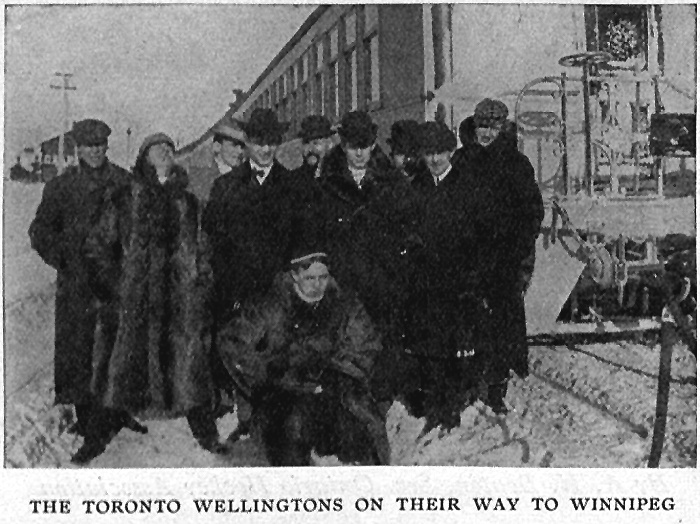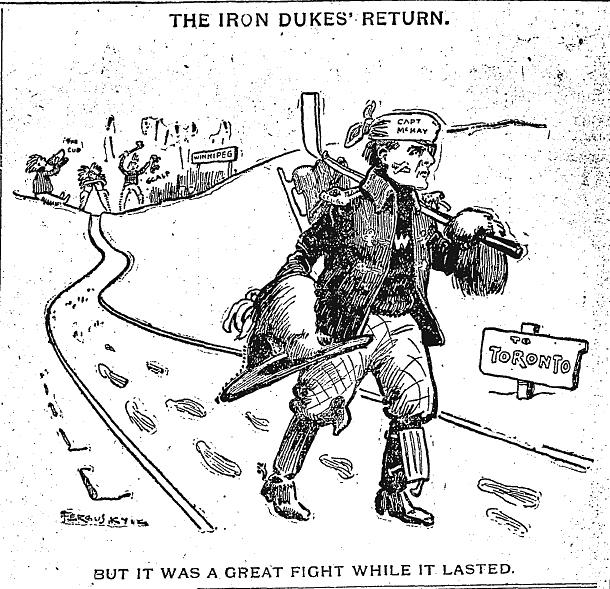I grew up a Leafs fan and still consider them to be my favourite team — although that means a lot less to me at age 57 than it did when I was 17 … or 7! It’s been a long time since I would say I’ve bled blue and white. It was probably in 1989 (I’d have been 25 at the time) when I made my peace with the fact that the Montreal Canadiens were actually the greatest franchise in hockey history. (Though I’ve yet to make similar peace with baseball and the New York Yankees, whom I still despise!)
So, it’s only with a sense of history — not jealousy — that I consider the Canadiens’ amazing run through the playoffs so far this summer. What’s going to happen next, starting tonight against Tampa Bay? I don’t really like the idea of watching hockey in June, never mind July, but I’m too curious to turn away now!
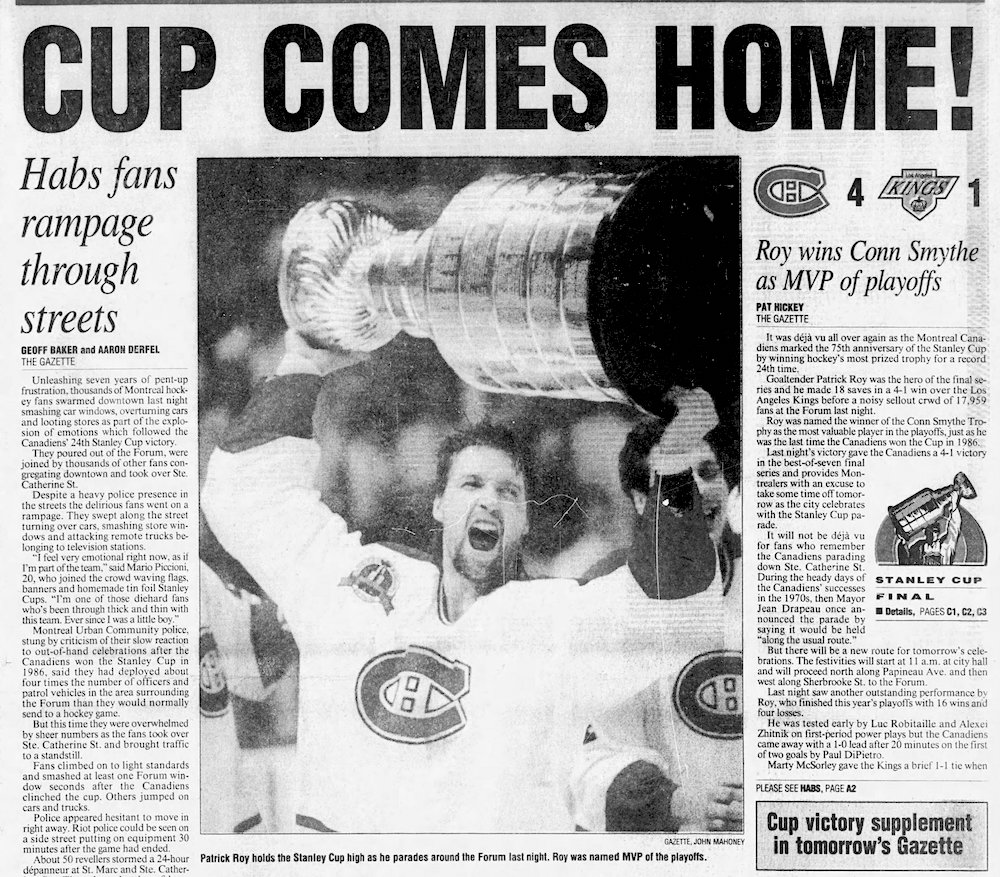
Who are the most unlikely Stanley Cup champions in NHL history? Probably the 1937–38 Chicago Black Hawks. With a regular-season record of only 14-25-9 in a 48-game season, Chicago barely squeaked into the playoff but then upset the Canadiens, the New York Americans, and the Maple Leafs to win the Cup that spring. While 14 other sub-.500 teams have reached the Final (none since 1991), the only one to win the Stanley Cup was Toronto in 1948-49. The Leafs’ record was 22-25-13 that year, but they had won the Cup in each of the two previous springs, and almost seemed bored by the regular-season before coming to life in the playoffs.
“Anybody who knew us, knew the Leafs were much better than we showed.…” said Howie Meeker in his 1994 autobiography Golly Gee It’s Me. “We weren’t a below .500 club really. Anybody who considered us that was way out of their minds.”
Although the NHL likes to present Montreal’s record of 24-21-11 as if it’s actually over .500, overtime and shootout losses can distort what’s really a loss these days. Still, the Canadiens finished 18th in the league’s overall standings! Given that only 16 of the NHL’s 31 teams (soon to be 32) make the playoffs, there were two teams this year that didn’t qualify in their own divisions despite having better records than Montreal did. It’s kind of crazy that they’ve reach the Stanley Cup Final! There are not a lot of underdog stories in the history of this great franchise, but if Montreal pulls it off against the Lightning now, it’ll rank pretty highly among the NHL’s all-time unlikely winners. And pretty much be the most unlikely winner in Canadiens history.
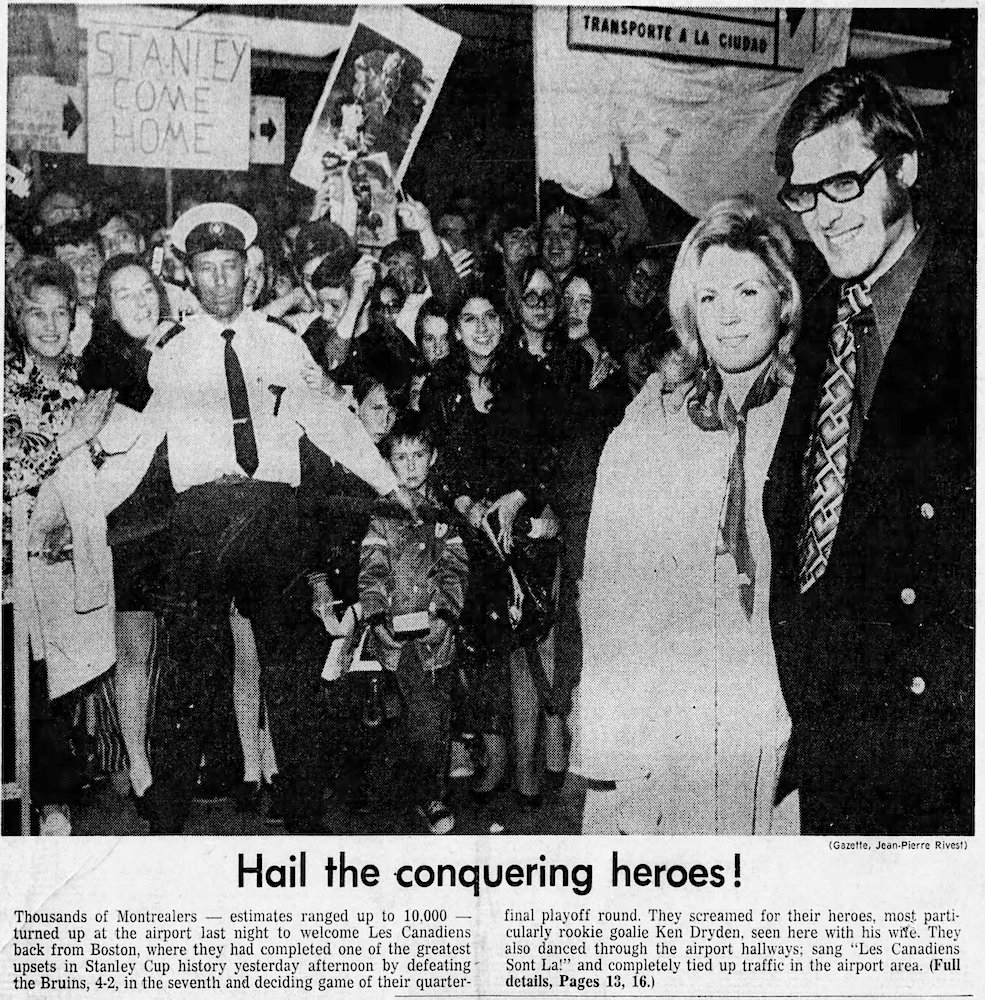
I’m not analytical enough in my watching of hockey to offer any insight into how the Canadiens have done what they’ve done. So, instead, I’m just going to look back at the Montreal teams that have reached the Stanley Cup Finals 36 times now (twice before the NHL was even founded) and won it 24 times (once prior to 1917–18) to see how this year’s team stacks up.
Many people, it seems, are comparing this year’s Montreal team to 1993, which is the last time the Canadiens (or any Canadian team) won the Stanley Cup. But the comparison is only valid in the styles of those two teams. Montreal had 102 points in 1992-93. They were the fifth-best team in the NHL, although only the third best in their own division. Like this year, they fell behind in their first-round matchup (2-0 behind Quebec), but rallied to win. The fact that the fourth-place Buffalo Sabres (86 points) stunningly swept first-place Boston (109 points) certainly helped clear the path to a division title, and the New York Islanders’ shocking upset of the powerful two-time defending champion Pittsburgh Penguins cleared the way to a Conference championship. But once they reached the Stanley Cup Final, Montreal was hardly an underdog against Los Angeles and beat Wayne Gretzky’s Kings pretty easily.
The Canadiens won a record 10 games in overtime during the playoffs that year. It was a pretty remarkable run. As the team’s star goalie Patrick Roy told NHl.com in 2018 on the 25th anniversary of the 1993 Cup win: “The Canadiens didn’t always have the best team but they always had a team that was willing to work hard and put in the effort to win.”
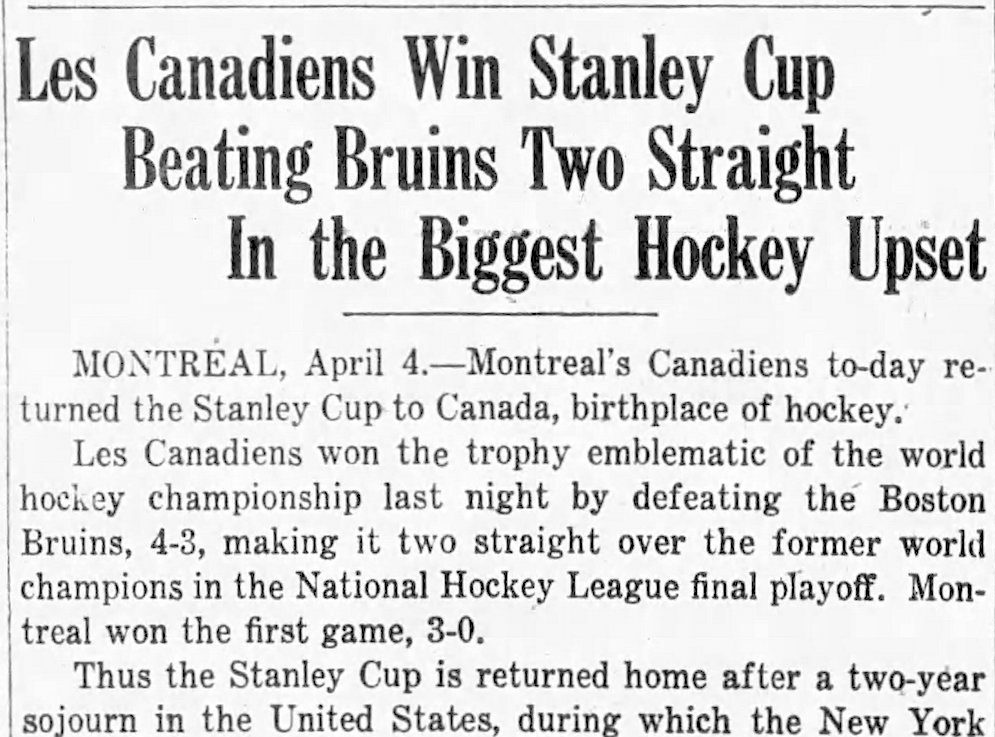
Seven years earlier, in 1986, the Canadiens had also won an unlikely Stanley Cup title. That year’s team still had future Hall of Famers Bob Gainey and Larry Robinson from the 1970s dynasty, but the key playoff performer (as he would be in 1993) was goalie Patrick Roy, then in his rookie season.
The Canadiens were eighth overall in the NHL standings with 87 points (40-33-7) but a long way back of top teams Edmonton (119 points), Philadelphia (110), and Washington (107). A slew of upsets cleared the way for Montreal and Calgary to reach the Finals that year, and though Calgary had 88 points to and finished seventh overall that season, the only thing really surprising about the fact that the Canadiens beat the Flames to win the Cup was that it only took them five games. An unlikely win for sure, but not really an upset by the end. Still, the 1985-86 Canadiens are probably the weakest team in franchise history to win the Stanley Cup, so certainly an underdog story.
When Calgary and Montreal met again three years later in 1989, the Flames were the NHL’s top team with 117 points and the Canadiens were second with 115. Calgary won the Cup that year, winning the finale at the Forum. It marks the only time the Canadiens lost the Stanley Cup on home ice, which was no doubt upsetting … but the series wasn’t an upset.

In terms of Montreal Stanley Cup surprises, 1971 was certainly unexpected. But, really, the biggest shock came in the first round. The Boston Bruins set all sorts of single-season records that year, leading the NHL with 121 points on a record of 57-14-7. Phil Esposito had 76 goals and 152 points. Bobby Orr had 102 assists. The Bruins had won the Stanley Cup the previous year, and they were ever better now. The Canadiens were actually the NHL’s fourth-best team that season with 97 points, but were decidedly the underdog in their quarterfinal series with Boston. Rookie goalie Ken Dryden, and veteran captain Jean Beliveau in his final season, spearheaded a stunning upset. Beating the 28-34-16 Minnesota North Stars in the semifinals was as it should have been. Defeating a star-studded Chicago team that had 107 points in the regular season to win the Stanley Cup was certainly an upset, although not on the scale of beating Boston. But that year’s Montreal roster was loaded with future Hall of Famers who’d mostly won several Stanley Cup titles already. They were, in actual fact, a very good team.
Interestingly, an earlier Montreal Stanley Cup surprise had also come at the expense of a powerhouse Boston team under remarkably similar circumstances. The Bruins won their first Stanley Cup in 1928–29, and followed up with a record-setting season. Boston went 38-5-1 during the 44-game schedule in 1929-30 for an .875 winning percentage that is still the best in NHL history. (In a modern 82-game season, the mark would translate into 70 wins and 144 points!) Eddie Shore was that team’s Bobby Orr, and Cooney Weiland smashed scoring records just as Phil Esposito would later. Boston had not lost two games in a row all season, yet when the Bruins met the underdog Canadiens in the best-of-three Stanley Cup Final, Montreal swept the series. Having Howie Morenz — probably the greatest player of his era — certainly helped. Montreal also had a few other future Hall of Famers and previous Cup winners that time too.
Mostly, though, throughout their history, the Canadiens have been hockey’s most dominant team and their many championships don’t hold a lot of surprises. Nor do their few losses. Read on, if you care to…
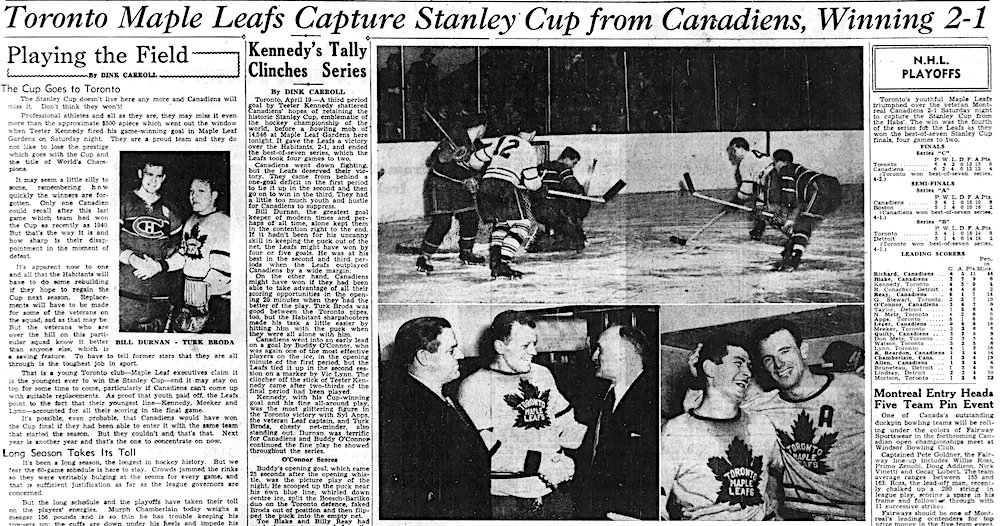
The Canadiens won their first Stanley Cup in 1916. Back then, the champions of the National Hockey Association (forerunner to the NHL) played the champions of the Pacific Coast Hockey Association. Because it could take six days to travel across the continent by train, the entire series was played in the East one year and the West the next. Vancouver had so dominated Ottawa in winning the Cup in 1915 that many thought the calibre of play in the PCHA was above that in the NHA. So, perhaps Montreal was considered an underdog against the Portland Rosebuds in 1916. But they did get to play the entire series at home, and the Canadiens won the best-of-five series in five games. If this was an upset, it was only a minor one.
A year later, Montreal visited Seattle for the 1917 Stanley Cup Final. The Metropolitans beat the Canadiens in four games. Seattle’s win may have been a little easier than experts expected, but Montreal’s loss was hardly a shock. Then again, the Canadiens beat the Mets two games to one in an exhibition series in San Francisco a week later, and team owner George Kennedy felt it proved that his Canadiens were better. When the two teams met again in Seattle in 1919, the series was even with two wins and a tie for each team when the final game was cancelled because of The Spanish Flu.
By 1924, it was pretty clear the calibre of play in the NHL was better than that in the western pro leagues. It was also clear that the home team had a pretty strong advantage in these East-West matchups. So the fact that the Canadiens took two straight games from both the Vancouver Maroons and the Calgary Tigers meant the Stanley Cup probably went to the team that deserved it. By the same token, Montreal’s loss to the Victoria Cougars in British Columbia in 1925 can hardly be considered an upset.
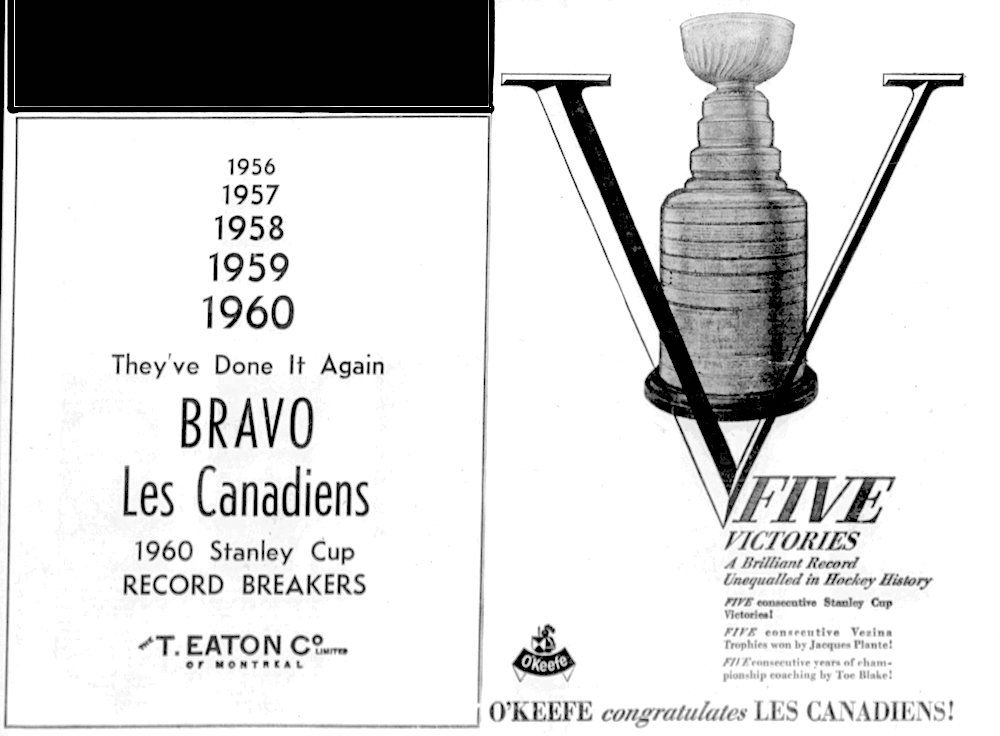
After beating Boston in 1930, the Canadiens eliminated the Bruins again in perhaps a minor upset in their semifinal series in 1931. Chicago battled Montreal harder than expected in the Stanley Cup Final, but the Canadiens won the series as expected.
The 13-year gap between Canadiens Cups in 1931 and 1944 was the longest drought in team history prior to the 28 years Montreal has now gone since winning in 1993. The 1943–44 Canadiens had lost fewer players to military service in World War II than other NHL teams. (The number of military deferments due to essential service jobs away from the rink angered other NHL owners, particularly Conn Smythe in Toronto.) Montreal was a dominating 38-7-5 during the 50-game season. They beat Toronto in five games in the semifinals before sweeping Chicago in the Final. No surprises there. The Canadiens were nearly as dominant again in 1944-45, but were stunned by the Maple Leafs in the first round of the playoffs. An upset, for sure … but not in the Stanley Cup Final.

The War was over by the 1945–46 season. Montreal slipped some, but still finished first overall. No playoff upsets this year, as the Canadiens once again needed only nine games to win the Stanley Cup. A year later, Montreal finished on top of the standings again, but a rebuilt, post-War Maple Leafs team beat the Canadiens in a six-game Final for one of the few times in franchise history that an underdog team beat Montreal for a Stanley Cup upset.
Amazingly, the Canadiens reached the Stanley Cup Final for 10 straight years from 1951 through 1960. Montreal’s loss to Toronto in 1951 was as it should be; the Leafs were much stronger that year. Detroit was clearly the better team too when the Red Wings beat the Canadiens in 1952, 1954 and 1955. The biggest shock in Montreal defeating Boston in 1953 was that the Bruins had eliminated Detroit, while the Canadiens were definitely favourites during their record streak of five straight Cup victories when they beat Detroit (1956), Boston (1957, 1958) and Toronto (1959, 1960).
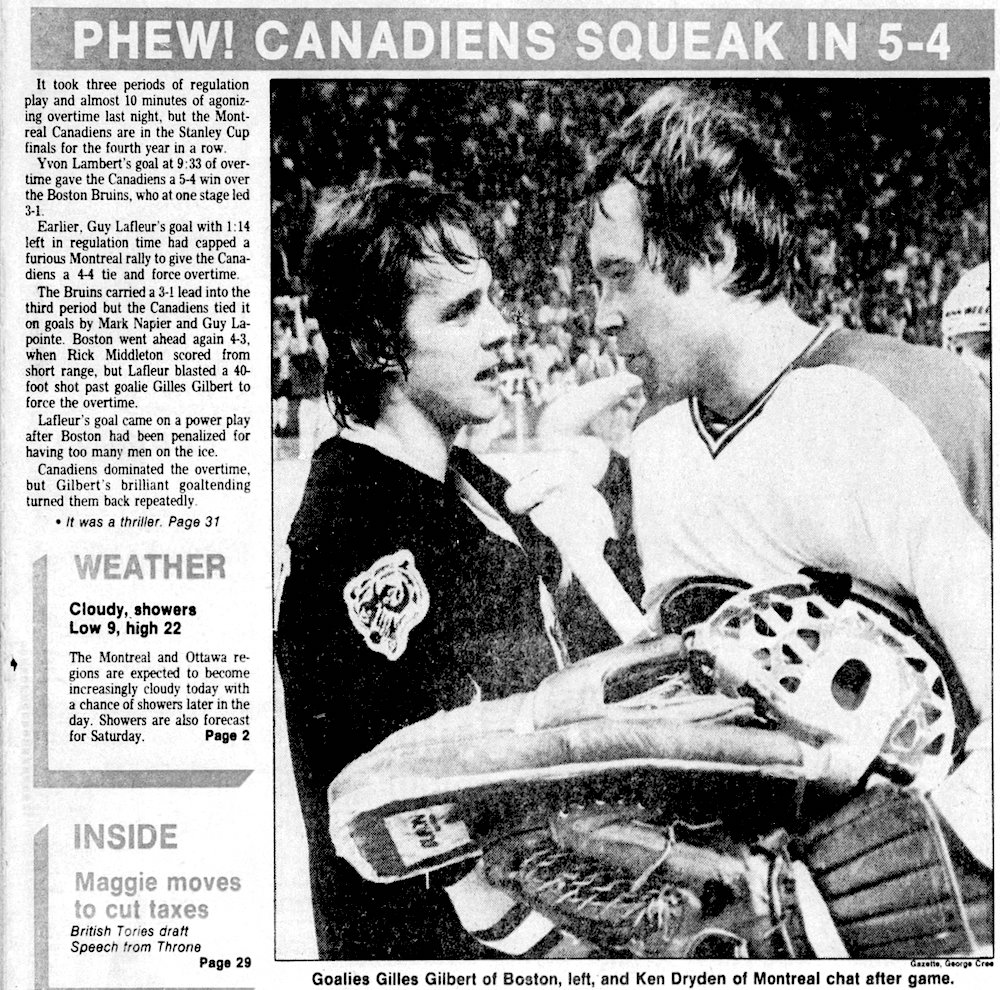
defeating the Rangers for the Stanley Cup was pretty much a foregone conclusion.
Montreal might have won five in a row again in the late 1960s, winning as they should have against Chicago (1965) and Detroit (1966) and then defeating St. Louis twice after expansion in 1968 and 1969. Only that pesky loss to Toronto in 1967 — which joins 1947 as the only two years the Canadiens reached the Final and then lost when they were definitely the favourite — upset that dynasty. And if 1971 marks one of the rare occasions when Montreal won the Stanley Cup in an underdog role, wins by the Canadiens in 1973, 1976, 1977, 1978 and 1979 stand as one of the most dominating stretches in hockey history.
All in all in Montreal, it’s a pretty remarkable history.
